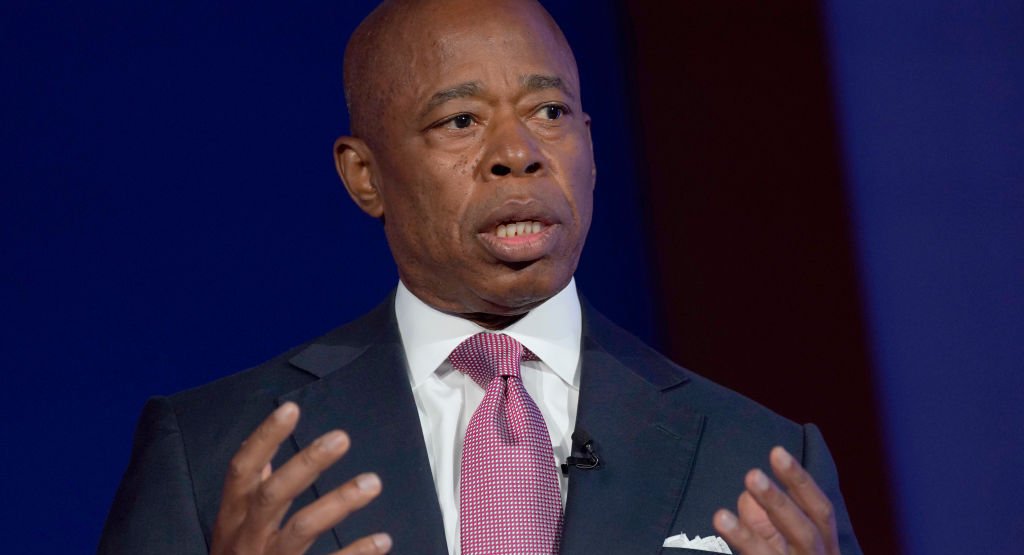Ongoing criminal inquiries are typically shrouded in secrecy, but when the FBI raided the home of one of Mayor Eric Adams’ key fundraisers, it exposed a probe into his 2021 campaign that compelled Adams to cancel a White House meeting and race back to the city.
The case is a federal public corruption probe into potentially illegal foreign donations from Turkish officials involving a Brooklyn-based construction company and a university in Washington, D.C. that both have ties to Turkey, according to The New York Times.
The campaign is also under the scrutiny of Manhattan District Attorney Alvin Bragg for alleged illegal straw donations, but the Nov. 2 raid at the home of Brianna Suggs — the mayor’s 25-year-old campaign fundraiser — was the first known example of investigators executing a warrant on a member of the mayor’s inner circle.
On Wednesday, Adams, who has not been accused of any wrongdoing, said he hired the private firm WilmerHale to represent him. The firm is already in contact with federal authorities, he said.
Gothamist spoke to former federal prosecutors about the legal process behind an FBI raid and what comes next. Here are some important things to know.
Investigators had to prove ‘probable cause’ to get a warrant
Federal investigators obtain search warrants when they’re convinced that a location contains evidence that might show a crime has been committed — and that the evidence might be at risk of being moved or destroyed.
The power of search warrants is not something that is taken lightly, according to several ex-prosecutors who spoke with Gothamist.
“A search warrant is not a prosecutor’s first investigative step given that it is invasive, particularly a search of someone’s home,” said Carrie Cohen, a former assistant U.S. attorney in the Southern District of New York who helped win a corruption conviction on Sheldon Silver, the former state Assembly speaker.
In order to obtain a search warrant, a prosecutor works with an FBI agent…
Read the full article here

Leave a Reply